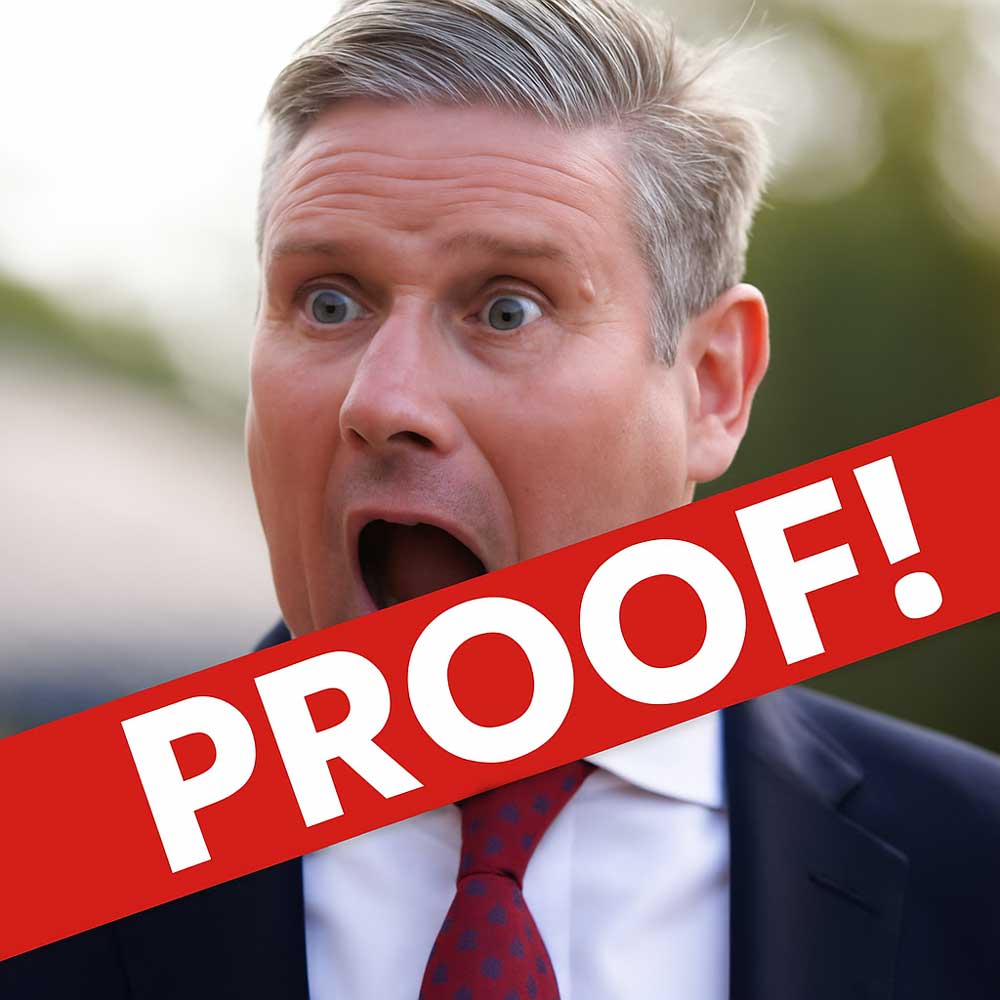In a notable electoral upset, Nigel Farage's Reform U.K. party emerged victorious on Friday in a tightly contested special election held in Runcorn and Helsby. The win came by a mere six votes, as Reform's Sarah Pochin defeated Labour's Karen Shore for a seat that had been a Labour stronghold until the previous incumbent, Mike Amesbury, resigned following an assault conviction.
This election not only highlights Farage's enduring influence in British politics but also poses significant challenges for the governing Labour Party under Prime Minister Keir Starmer. The close outcome necessitated a recount, which delayed the announcement of results and underscored the tension of the evening. This victory for Reform may set the stage for upcoming mayoral and local council elections across England, with expectations that the party could convert its momentum into at least 300 municipal seats.
As the national vote share appears poised to rival that of Labour and the Conservative Party, the implications for Britain's political framework are profound. Starmer's Labour Party faces its first electoral challenge since assuming power last July, while the Conservatives may find themselves increasingly threatened by the reformist wave. If validated by further vote counts, Reform's ascendancy could signal a move toward a more fragmented, multiparty political environment in the U.K., reshaping the landscape amidst ongoing public discontent.
The developments mark a critical juncture in British politics, with Farage positioning Reform U.K. as a formidable contender challenging the dominance of traditional parties, hinting at a more polarized future.
Mark Landler and Stephen Castle contributed to this analysis.





















